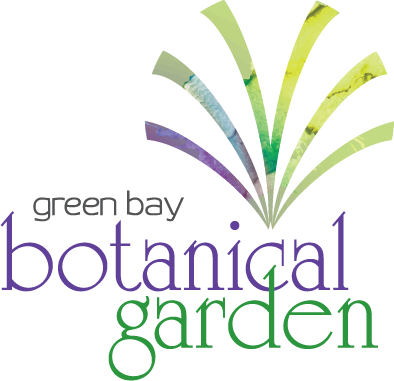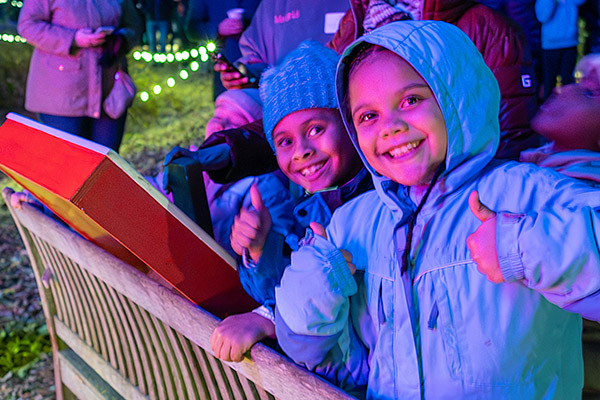Bees and butterflies are two of the most famous types of pollinators, and ironically, they both start with the letter b. This alliteration is made up of extremely essential creatures that help fertilize plants, so they can produce fruits, seeds and other young plants.
However, this extensive, large-scale job does not rest on the shoulders of bees and butterflies alone! One study even found that non-bee pollinators account for 38 percent of pollination services in 17 major crops, making an undeniable impact on our ecosystem.
Let’s explore three often unknown pollinators that happen to also start with the letter b!
Beetles
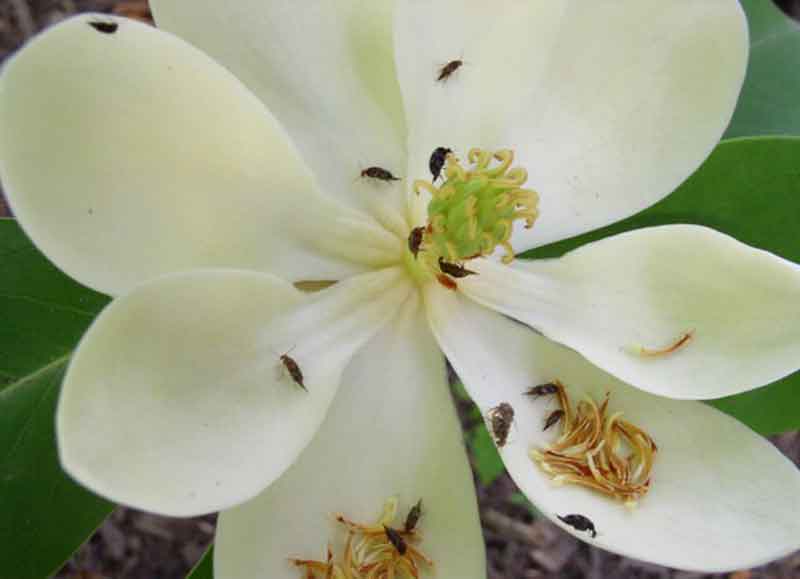

When we think of the pollination process, a buzzing bee is often the first image that comes to mind, but in actuality, beetles were pollinating plants for millions of years before bees even evolved! Beetles are not the primary pollinators for most food plants, but the few that they do assist with include pawpaws (we have several of these plants here at the Garden!) and macadamia nuts.
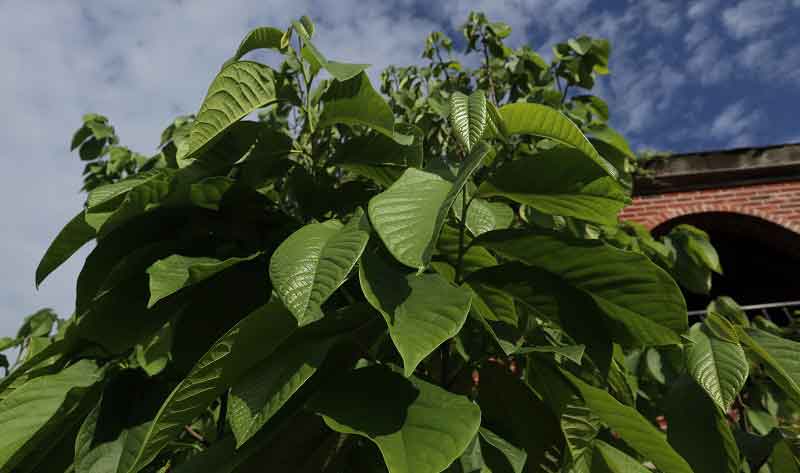

Attracting beetles to your garden spaces isn’t too complicated, and only requires soil and an area free of insecticides.
Birds
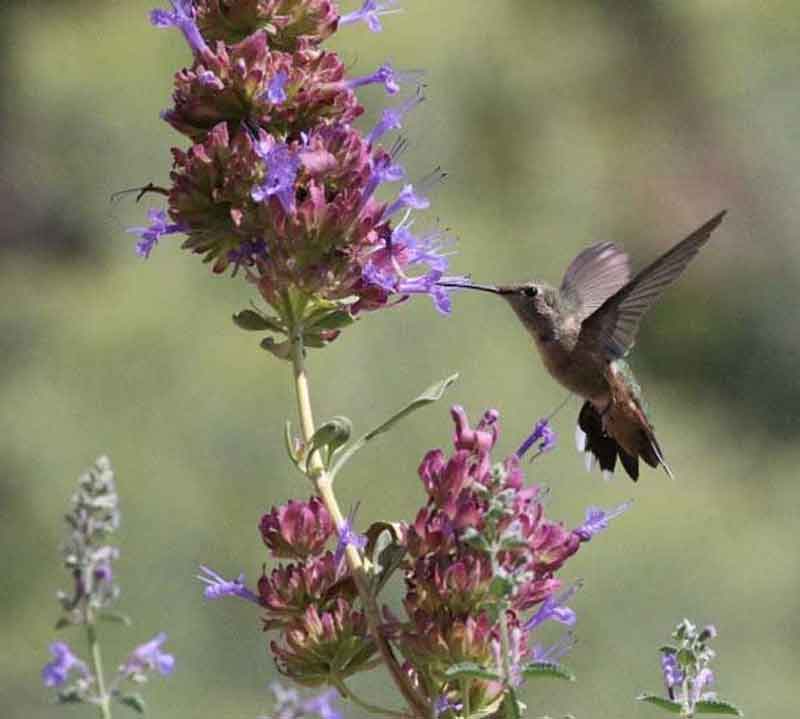

Hummingbirds are often spotted pollinating here in the United States, but around the world, many other unique birds pursue the pollinator job: sun birds, spider hunters and sugarbirds in Africa, and honeyeaters, lorikeets and flowerpeckers in Australia. Most bird pollinators visit wildflowers, but if they live in tropical climates, they help pollinate crops including bananas, papayas and nutmeg.
If you’re looking to attract hummingbirds to your pollinator garden, try hanging a hummingbird feeder filled with four parts hot water and one part white sugar.
Bats
These night-dwellers are experts at pollinating plants that bloom at night, and especially flowers that are large and bell-shaped. Over 500 species of plants worldwide, such as mango, banana, guava and cashew, are pollinated by bats. In Mexico, Mexican long-nosed bats play a critical role in pollinating the agave plants, which are used to make tequila, and in the southwest region of the United States, bats help pollinate several cacti species.
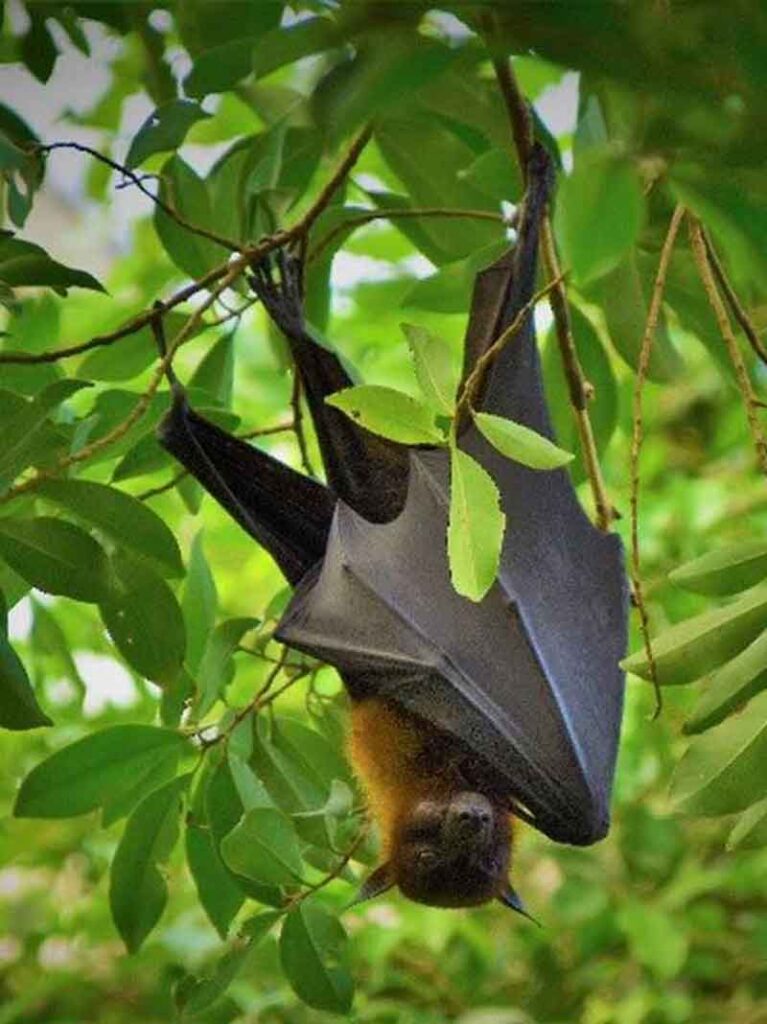

All the bat species found in Wisconsin are considered insectivores and only munch on insects, but if you have a home in the southwest, you can welcome bats to your own yard spaces by installing a bat house in a grove of trees, or by planting flowers such as evening primrose, moonflower and honeysuckle!
If you’re looking to support more pollinators beyond just bees and butterflies, encouraging these three lesser-known pollinators to come visit is a great place to start. Head on over to our Butterflies & Blooms web page for more information on starting your own pollinator garden.
Butterflies & Blooms is open daily from 10 am-5 pm through August 31. Reserve your visit time today!
Sources
